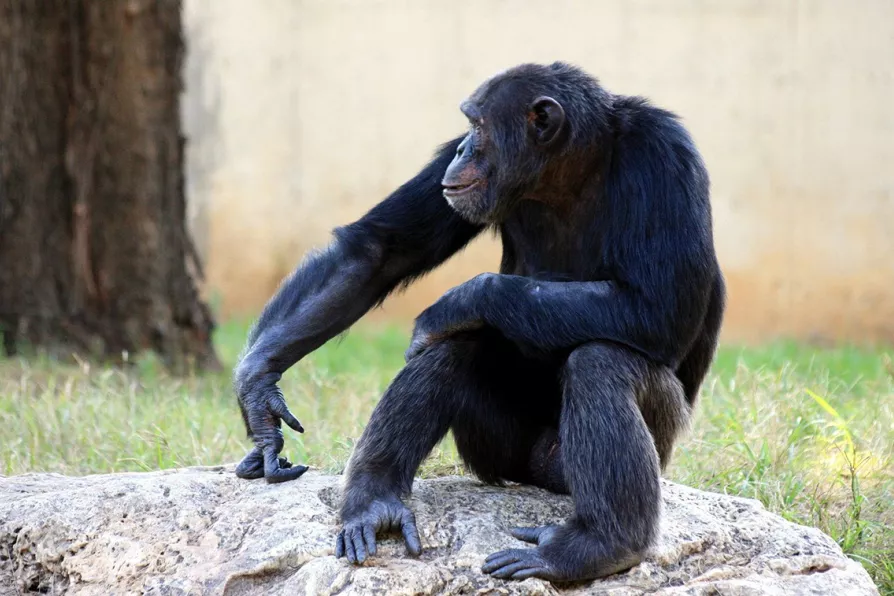As tens of thousands return to the streets for the first national Palestine march of 2026, this movement refuses to be sidelined or silenced, says PETER LEARY

 New research shows that chimpanzees can be susceptible to leprosy
New research shows that chimpanzees can be susceptible to leprosy
IN THE current coronavirus pandemic it’s easy to forget that other diseases still persist, yet even with the disruptions of working from home and fluctuating lockdowns, scientists are still working on new research.
In the last week a team of researchers from across the world reported the first ever recorded cases of leprosy in wild chimpanzees.
Wild chimpanzees have now conclusively joined a short but diverse list of animals that are known to be affected by forms of leprosy, including nine-banded armadillos and red squirrels.

ALEX DITTRICH hitches a ride on a jaw-dropping tour of the parasite world

Nature's self-reconstruction is both intriguing and beneficial and as such merits human protection, write ROX MIDDLETON, LIAM SHAW and MIRIAM GAUNTLETT

A maverick’s self-inflicted snake bites could unlock breakthrough treatments – but they also reveal deeper tensions between noble scientific curiosity and cold corporate callousness, write ROX MIDDLETON, LIAM SHAW and MIRIAM GAUNTLETT











